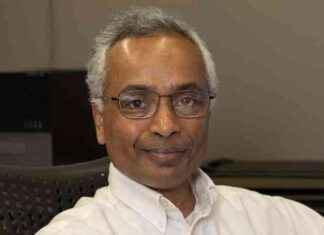The Eastern Commissioner Carsten Schneider complains that Germans in East and West are speechless. “The bitter thing is that there is not enough interest in West Germany for the situation in East Germany,” the SPD politician told the German Press Agency in Berlin. “But that also includes the fact that nobody in the West dares to say anything anymore because it could go down wrong. I think that’s bad.”
He related this to the debate about the bestseller by the Leipzig literature professor Dirk Oschmann “The East, a West German Invention”. Schneider said: “The basic problem is that Oschmann provokes, but hardly anyone over there reacts. What irritates me is that there is no dialogue.”
Central thesis: West has dominated discourse since 1990
Oschmann’s central thesis is that the West has dominated the discourse since German unification in 1990, setting itself as the norm and denigrating the East as a deviation. The West judges the East “cynically, condescendingly, complacently, ahistorically and self-righteously”. Oschmann is calling for the office of Eastern Commissioner to be abolished because it symbolizes dependency.
Schneider disagreed. “The position of the Eastern Commissioner underlines a priority of the federal government and is in this respect a preference over other regions,” he said. “The background is that we have special challenges here after the upheavals of the last 30 years and there are still fundamental socio-economic differences.”
Schneider assessed Oschmann’s theses cautiously. “Dirk Oschmann’s book is a scream,” said the 47-year-old. “He represents the life experience of his generation. People like me who are ten years old and younger don’t necessarily share that experience.” Schneider also said: “Calling yourself East Germans developed in the East. That’s not an attribution from the West. That’s self-empowerment for parts of East Germans in recent years to defend themselves and stand by themselves without totally to adjust.”










